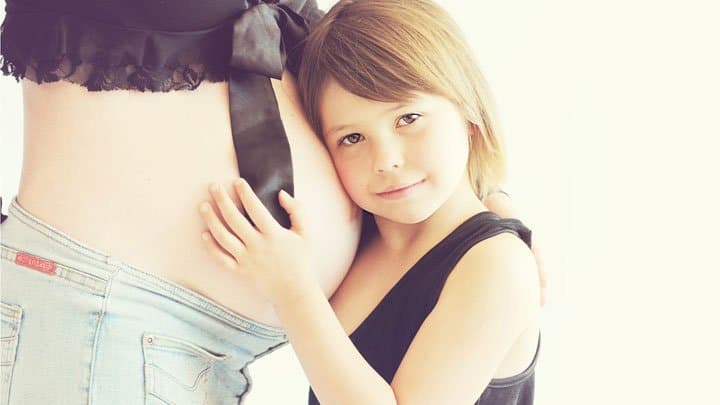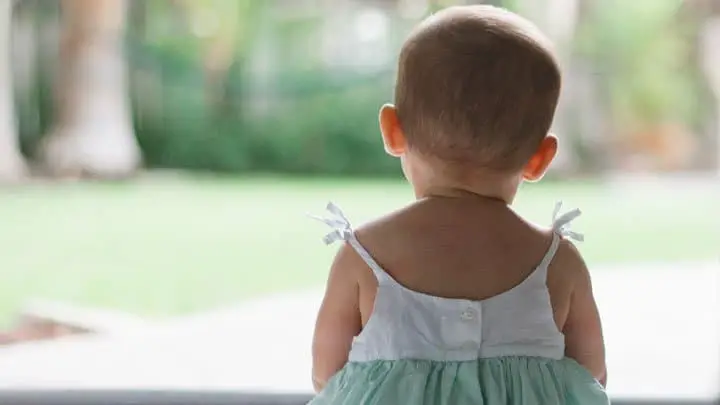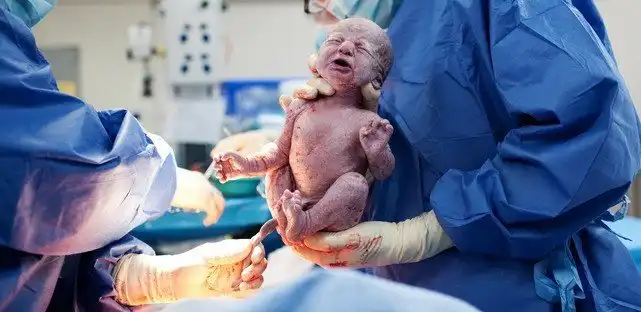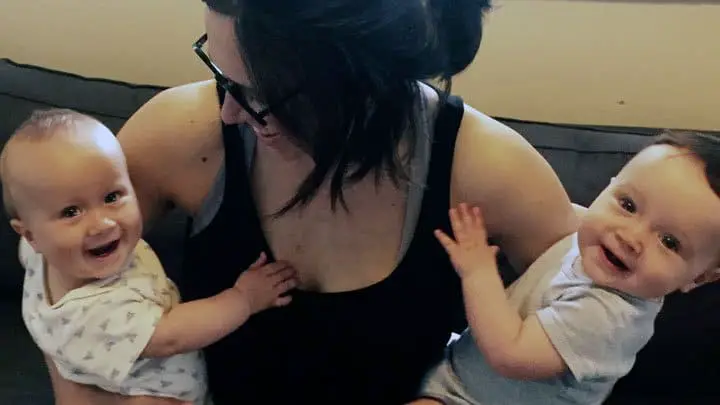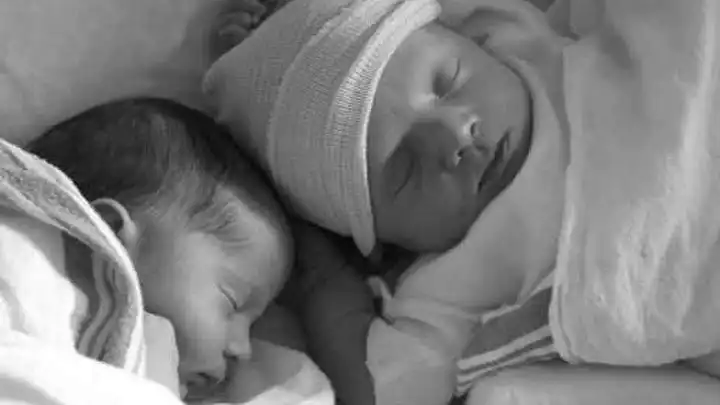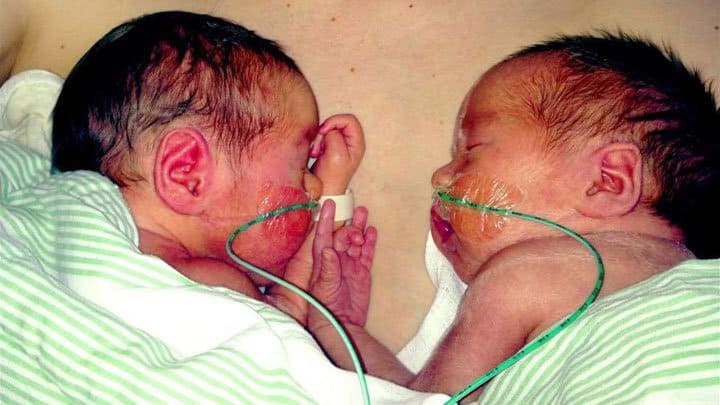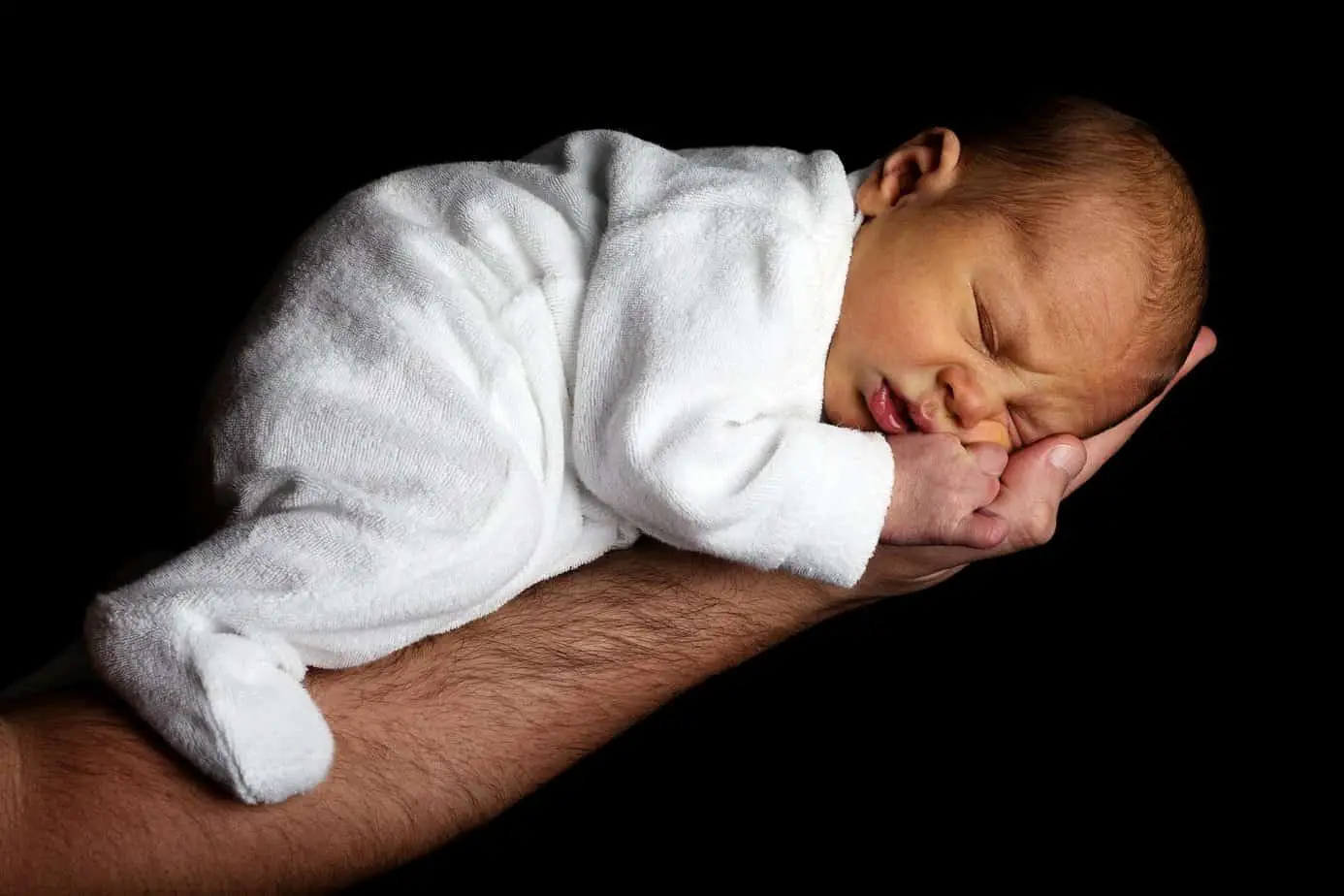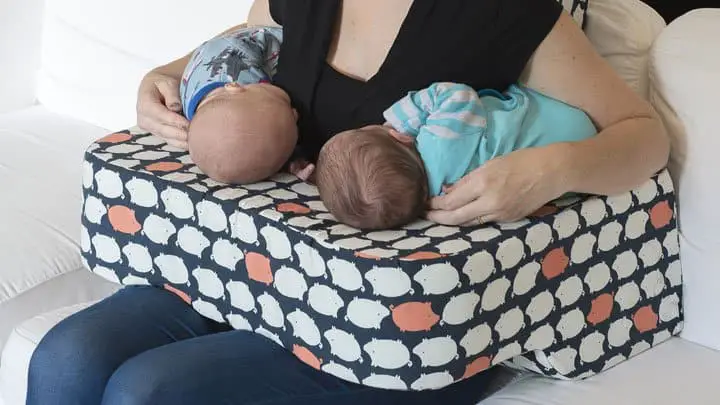Twins Born at 32 Weeks: Outlook And Special Care
Your twins are considered born preterm if you give birth before 37 weeks of pregnancy is completed (37+0 weeks). Twins born at 32 weeks are considered moderate to late preterm, which means that you’ve hit a major milestone.
They’re no longer considered born very preterm. This is according to the World Health Organization (WHO), who subcategories preterm birth based on gestational age.
extremely preterm (<28 weeks)
very preterm (28 to <32 weeks)
moderate to late preterm (32 to <37 weeks)
Will my babies survive?
In high-income countries, almost all babies born at 32 weeks survive. In low-income settings, half of the babies born at or below 32 weeks die.
This is due to a lack of feasible, cost-effective care, according to the WHO. Note that these statistics relate to mortality regarding prematurity. This means that the outlook may be different for your babies if they, in addition, are suffering from for instance Twin to Twin Transfusion Syndrome.
What happens if I go into preterm labor?
If you go into preterm labor, steroid injections should be given before birth maturing the lungs of your babies. The WHO also recommends that the mother is given antibiotics when her water breaks before the onset of labor, and magnesium sulfate to prevent future neurological impairment of the children.
You need to give birth at a medical facility equipped to deal with preterm babies. Read about women who’ve given birth to twins prematurely and at term.
What happens to twins born at 32 weeks?
If your twins are born at 32 weeks, they’ll need to spend a few weeks in the Neonatal Intensive Care Unit (NICU). Twins born at 32 weeks require assistance to breathe and they’ll need help eating.
The staff in the NICU will guide you on how to start breast- or bottle-feeding once your babies have developed sucking reflexes.
Can I do something to help my babies?
Frequent skin-to-skin contact is beneficial. This is called kangaroo care and has also been associated with a decreased likelihood of infection, severe illness, and death.
Be aware though that your children need to be in stable conditions before you’re able to hold them.
